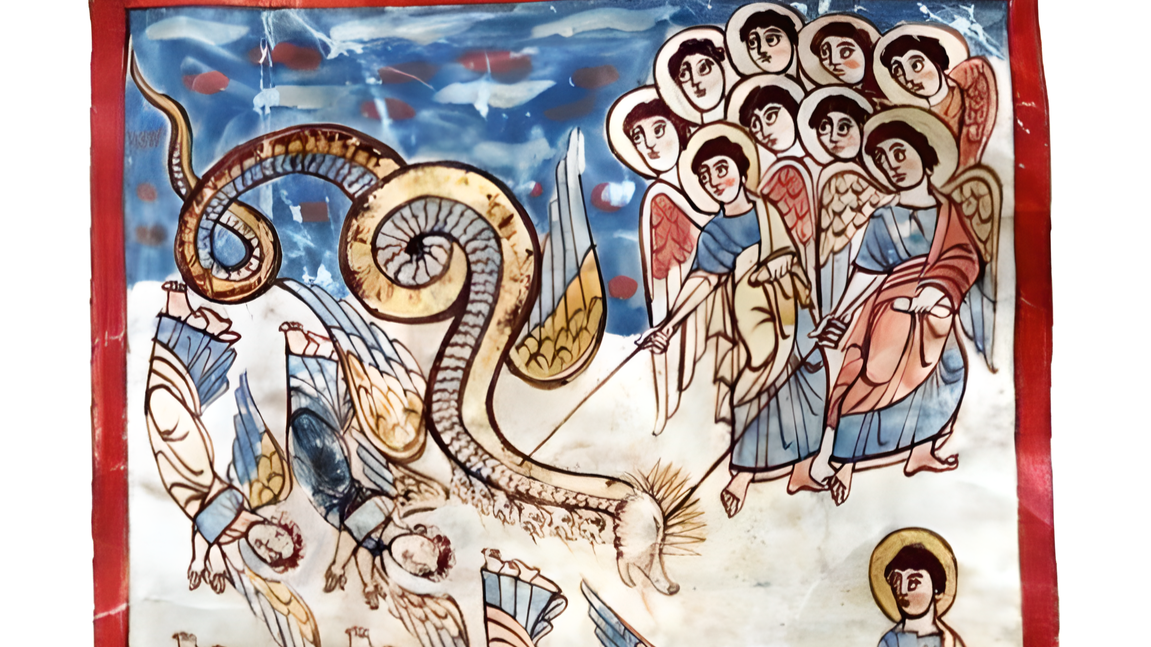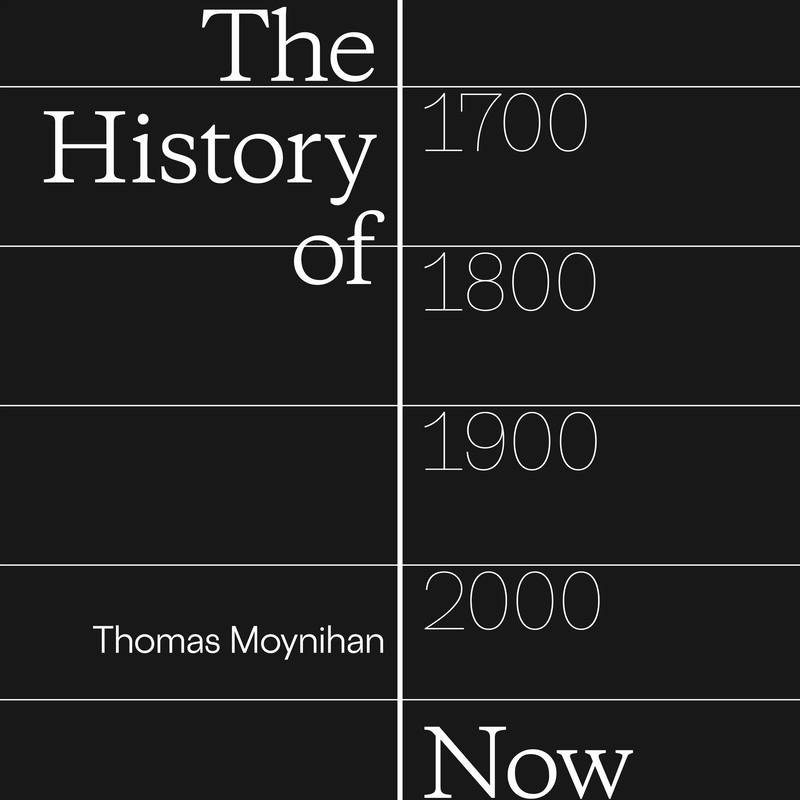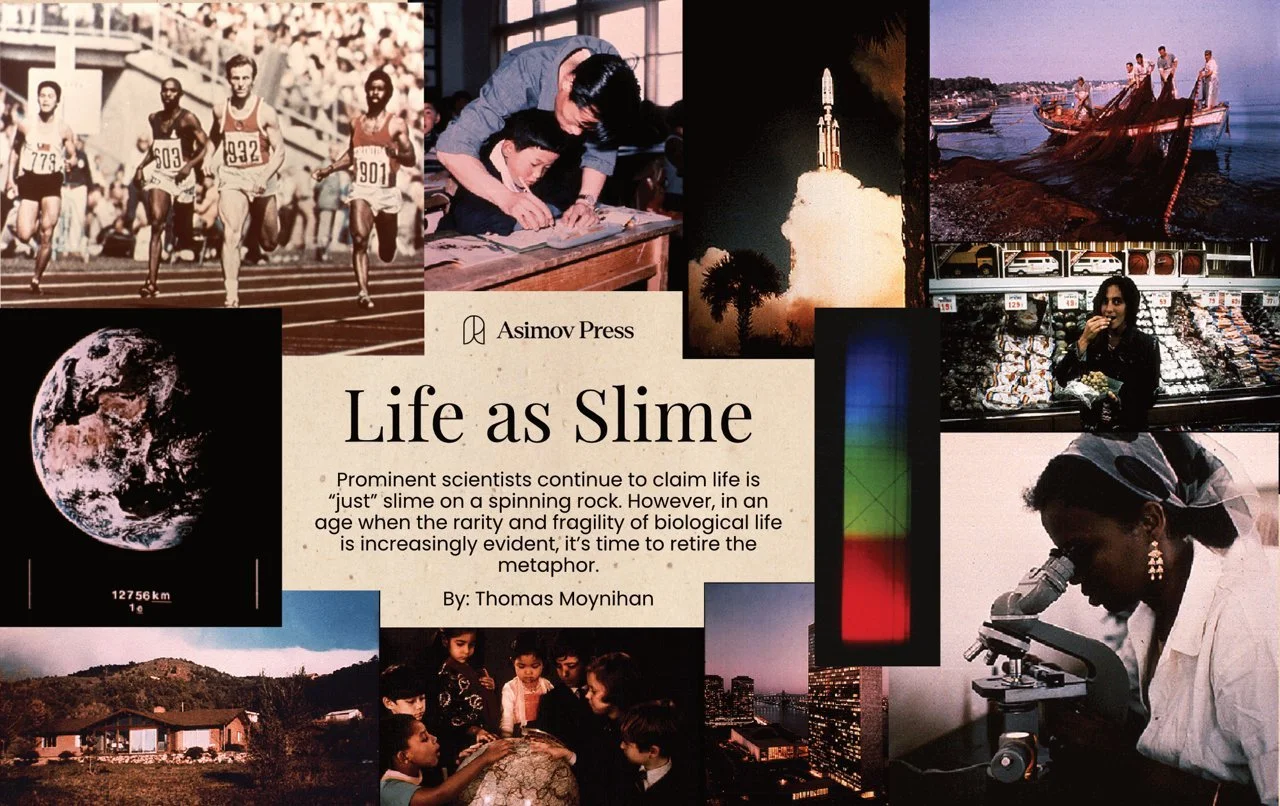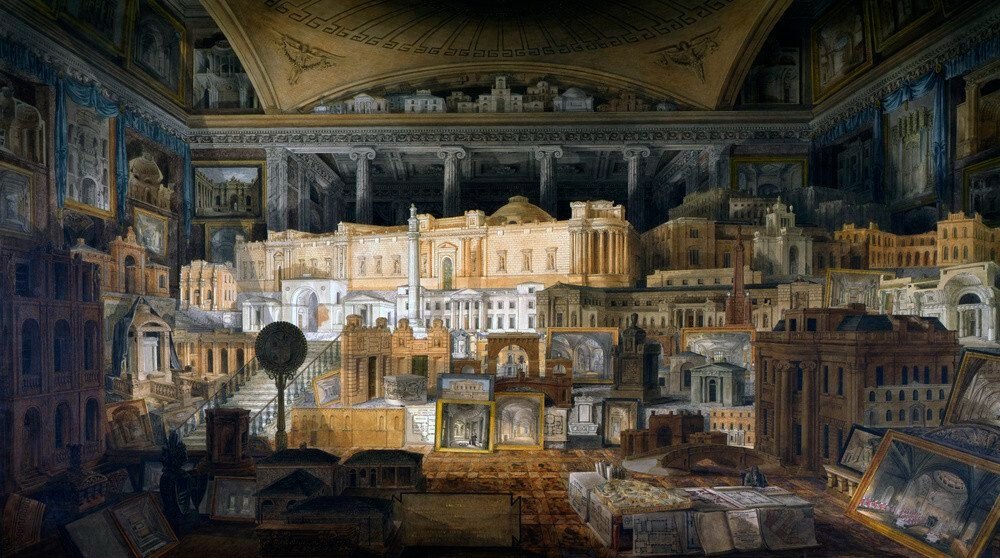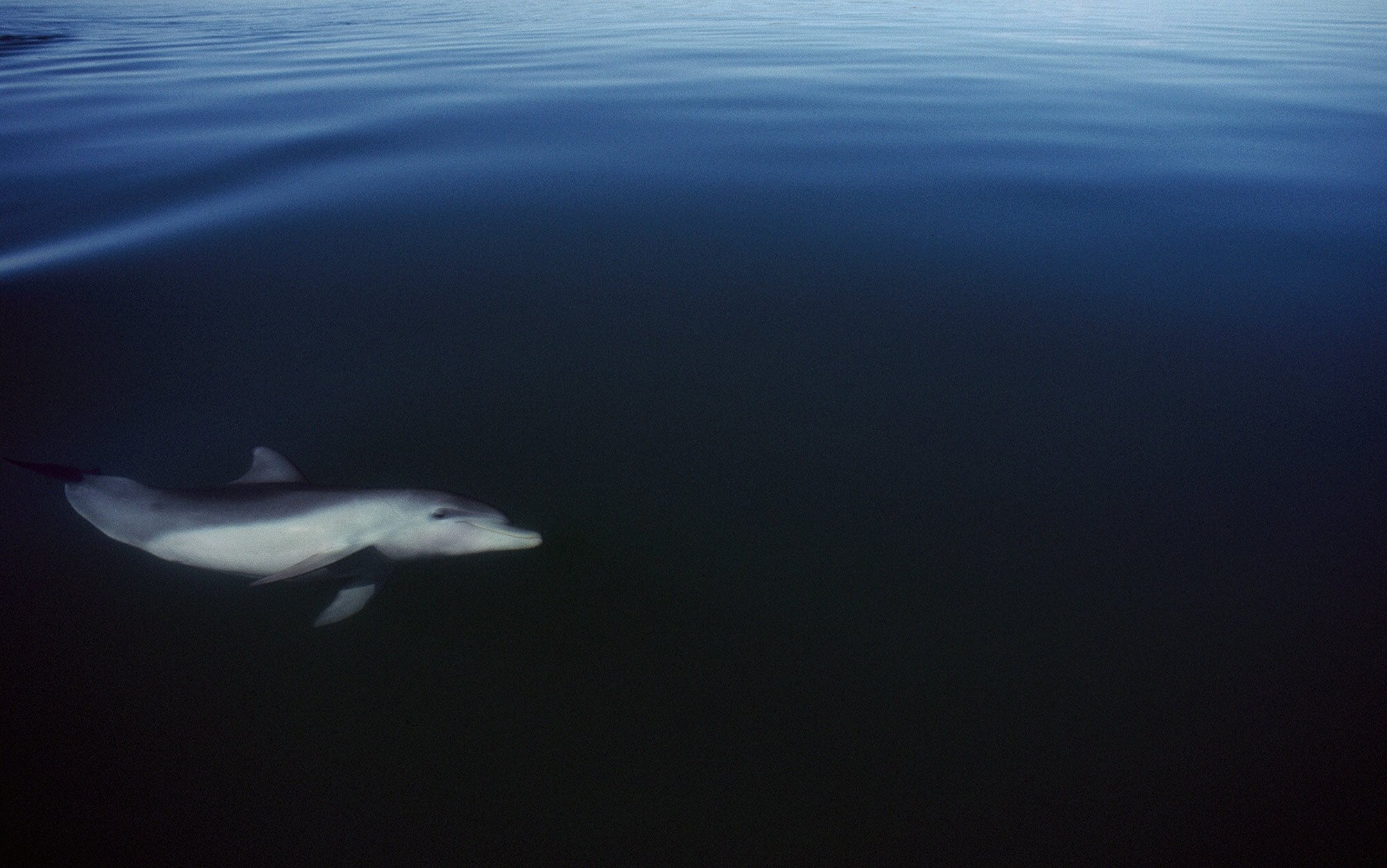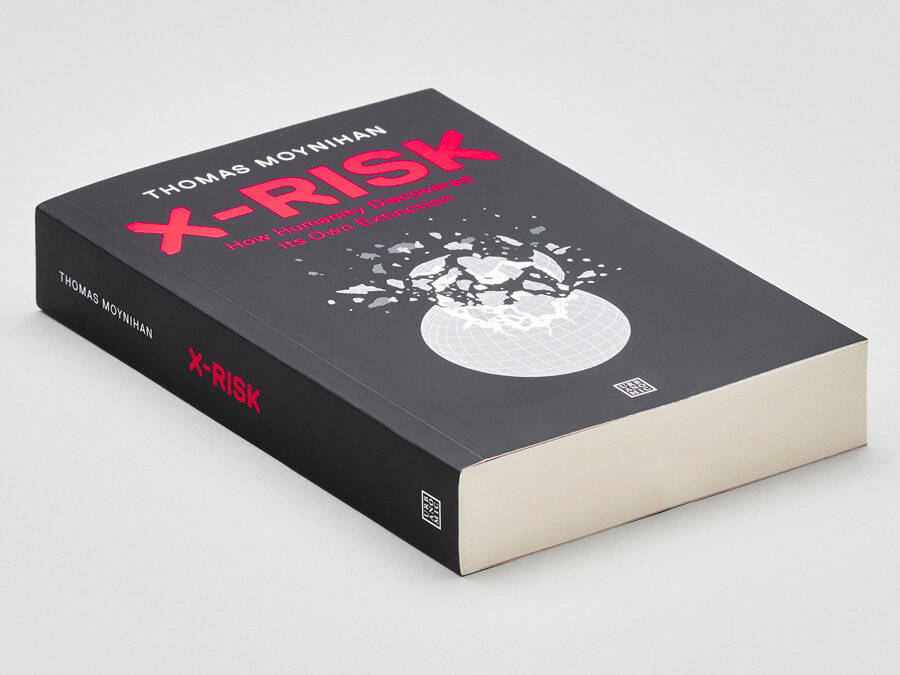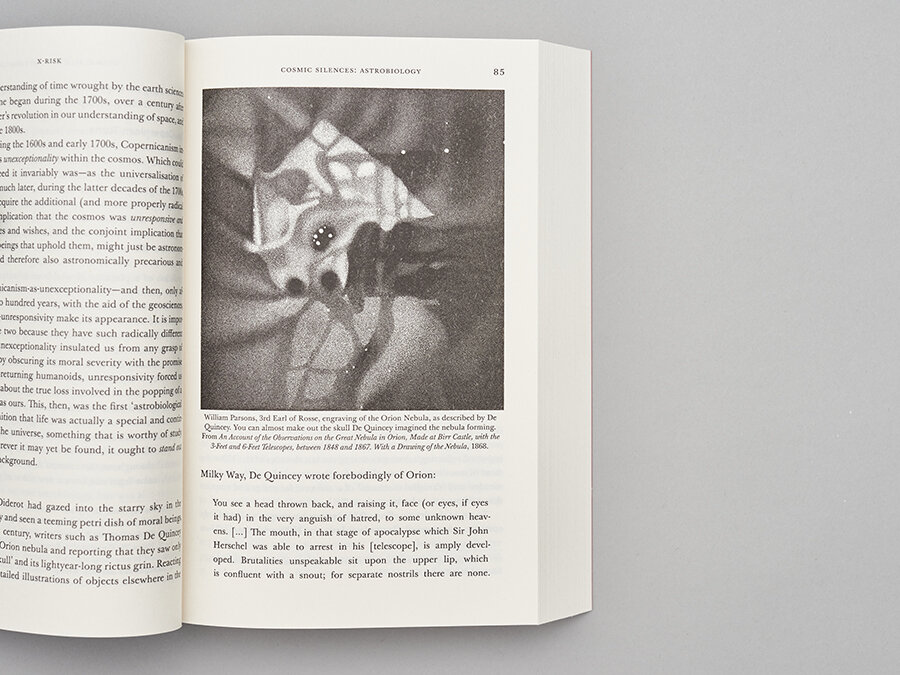
THOMAS MOYNIHAN IS A WRITER INTERESTED IN THE HISTORY OF IDEAS REGARDING THE FURTHER FUTURE, ALONGSIDE CHANGING ATTITUDES TO THE GRANDEST PROSPECTS & GREATEST PERILS FACING LIFE.
Thomas Moynihan is an historian of ideas and author, who writes about how worldviews transform over time as humans learn more about the universe and their place within it.
He holds a DPhil from Oriel College, Oxford, and is currently a Research Affiliate at Cambridge University’s Centre for the Study of Existential Risk, a Berggruen Fellow at the Berggruen Institute, and an Affiliate Researcher at the Antikythera think-tank. His writing and work has appeared in publications like BBC Future, The New Scientist, The Guardian, Aeon, Noema Magazine, The Independent, MIT Press Reader, Vice, Tank Magazine, and The Daily Mail.
Thomas’s most recent book is X-Risk: How Humanity Discovered Its Own Extinction (MIT Press, 2020). Forthcoming books include The History of Contingency & Future-Oriented Thought (Cambridge University Press, 2026) and Ants, Aliens, & A.I.s: Nonhuman Intelligence & Human Extinction (MIT Press, forthcoming).
More bio here. See below for recent writings. Substack here.
Thomas is represented by Max Edwards at Apple Tree Literary.

RECENT WRITINGS —
RECENT WRITINGS —
FOR BIG THINK
In 2024, a team of Nobel-winning scientists warned that creating “mirror life” could unleash catastrophic risks. But, for centuries, scientists have feared discoveries that might trigger forces beyond human control. From artificial life to vacuum collapse, this is the story of science’s recurring doomsday visions.
FOR BIG THINK
For Big Think’s ‘Consciousness’ special issue, I explore the persistent presumption that, if there are minimal forms of consciousness, there might also be maximal ones... Or, what is it like to be a mollusk?
FOR COMBINATIONS MAGAZINE
Modernity - both in science and ethics - can be seen as an accidental offshoot of medieval theology. But whereas others have insisted this undermines the entire 'modern' endeavor, I argue exactly the opposite.
FOR ANTIKYTHERA JOURNAL
How much past is behind us and how much future might be left ahead?
‘The History of Now’ is an interactive timeline visualizing how humanity’s sense of time has changed over time. Using a large database, it maps historic predictions on how long the past was and how long the future might be.
The project reveals how much our sense of the past behind and future ahead has ballooned over history…
FOR ASIMOV PRESS
Many prominent scientists have claimed that life is “just” slime on a spinning rock. However, in an age when the rarity and fragility of life are increasingly evident, it’s time to retire the metaphor…
This article traces ideas of the origin of life, and shows how the idea we are ‘just’ slime is a hangover from obsolesced worldviews.
FOR FARSIGHT MAGAZINE
For most of human history we believed that everything that could happen, had already happened, and would happen again – ad infinitum. The rise of novel media technologies would change that. From books to computers, the medium with which we record and process information grants us access to history’s forking paths.
As the astronomer’s telescope discovered Deep Space, and the geologist’s hammer unveiled Deep Time, so too is the computer simulation revealing Deep Possibility.
Read on to find out what that means…
FOR BIG THINK
The concept of species extinction is only a couple of centuries old. But as soon as scientists began accepting that species could die out, they also began speculating on ways we could resurrect them. From dinosaurs to aurochs, early visions of de-extinction blurred science, myth, and mourning.
For BIG THINK
For centuries, scientists assumed the universe was not only full, but brimful, of life. Many claimed even the surfaces of suns where inhabited, whilst others conducted cosmic censuses: guessing total population numbers for the universe… in the quadrillions. This is the story of why people used to assume every last planet was occupied by reasoning beings.
FOR BIG THINK
Asteroid #2024YR4 recently provoked fear of cosmic collision. But astronomy's quest to forecast such hazards goes back to the very origin of science itself. In fact, such efforts provided early vindication of the promise of the scientific method, back when many thought it to be a trifling, ineffectual pursuit. This is the story of one of modern science’s earliest triumphs.
FOR AEON
The Copernican Revolution showed us where we find ourselves in space. More recently, science has pinpointed where we find ourselves in time. Namely, it has shown that, in this universe, time has extremities. This matters. Because, only where time has bookends, and is not eternal, do the consequences of our actions resonate indelibly: insofar as not every possible outcome will come to pass regardless. This stands set to inculcate a revolution comparable to the Copernican, if not greater…
FOR BIG THINK
Carl Sagan was far from the first to claim humans are "made from star stuff". From Paracelsus to Margaret Huggins, this is the story of how we realised the suns are our parents and our bodies made from their ash…
FOR NOEMA MAGAZINE
The process of producing artificial intelligence might also artificialize our entire planet. Many have argued this is already well underway.
From superorganisms to superintelligences, this is the story of how studying crabs led to suggestions we are unintentionally buildling a world brain.
FOR BIG THINK
A century ago, many people believed that dinosaurs roamed Venus. It was only through toppling this belief, that our neighbouring planet is swampy & sweltering, that we truly came to grips with the potentials for climate change on Earth…
FOR BBC FUTURE
In 1877, the historian Frederic Harrison wanted to bury a legacy for the 29th Century beneath the UK's ancient monument. It included poetry, music, skeletons, and a guide to being a Cockney.
(Cover illustration by me.)
FOR NOEMA MAGAZINE
People claim ideas and factions in the world of AI resemble motifs and schisms from religions of the past. Those advocating AI safety and AI accelerationism, alike, are accused of subscribing to their own opposing theologies… But what's really at stake in the game of uncloaking and scorning 'secular religions’?
FOR BBC FUTURE
Less than a century ago, one US engineer believed setting alight every coal mine on the planet would be good for the climate. He was not alone in such beliefs. The fact we've come so far in our understanding since then provides cautious hope for the future…
FOR BBC FUTURE
On lessons from forecasts produced 100 years ago: when tomorrow’s world seemed less tethered to the polar extremes of ‘utopia’ and ‘dystopia’, and other, stranger, more multifarious possibilties abounded…
FOR SPIKE ART MAGAZINE
Even if our present would shock the past, the apparent newness of AI belies that its conceptual premises are centuries old, as are the anxieties that computation arouses. Is making machines more like people turning humans more like things? And does the future where we will have our being scare us with its strangeness, or with the risk it will be more of the same, just worse?
FOR BBC FUTURE
The story behind the worry that subatomic tampering may ignite the atmosphere and detonate Earth, and what it may tell us about current fears swirling around artificial intelligence…
FOR NOEMA MAGAZINE
When people first encountered extinct beasts, they tended to blame—and even scorn—them for their demise. Through learning to stop pillorying the perished, humanity learnt a lesson in humility, important for our age of ecological crisis…
FOR THE PHILOSOPHER
Why does predicting the future of mind have such a chequered history? A reflection on contingency.
FOR BBC FUTURE
The story of how discoveries, regarding the humble ant, influenced our view of humanity's place – and ultimate prospects – within the Universe…
FOR BBC FUTURE
How the discovery of radioactivity taught us that we could be living at the very beginning of human history…
FOR THE GUARDIAN
What the history of space settlement tells us about present ambitions.
FOR THE Conversation InsightS
What would you be willing to sacrifice for the purest pleasure? The strange, fascinating, and illuminating history of ‘wireheading’.
Co-authored with Anders Sandberg.
FOR THE PHILOSOPHICAL LIFE OF PLANTS
Curious speculations on photosynthesis, solar energy, and humanity’s fate.
FOR 80,000 HOURS
Podcast and in-depth write-up for 80,000 Hours podcast, with Rob Wiblin & Keiran Harris.
FOR AEON
What the porpoise taught us about humanity’s potential — a reflection on SETI, dolphins, and silence.
FOR TANK MAGAZINE
During what could be the daybreak of human history, the severity of extinction rests on futures lost.
FOR VICE
On ideas surrounding astroengineering, Dyson spheres, and directed panspermia - past and present. Exploring proposals for space gardening and greening the galaxy.
FOR SALON
Ironically, the computations of risk that had first made global population visible to us simultaneously forced us to acknowledge that it was itself subject to risk…
FOR MIT PRESS READER
A timeline of thinking on human extinction, splitting it into 4 distinct phases. From the ancient philosophers all the way to COVID-19…
FOR THE NEW SCIENTIST
The nuclear bomb told us we are the greatest threat to our own survival – and the COVID-19 pandemic shows the lessons still to learn…
Co-authored with Anders Sandberg.
FOR THE INDEPENDENT
Realising the silence of outer space was what made us appreciate our precarious position down on this pale blue dot – so beginning our obsession with extinction.
FOR AEON MAGAZINE
Only since the Enlightenment have we been able to imagine humans going extinct. Is it a sign of our maturity as a species?
FOR PALLADIUM MAGAZINE
Futurists have imagined a conflicted spectrum of cosmic visions with intriguing convergence.


